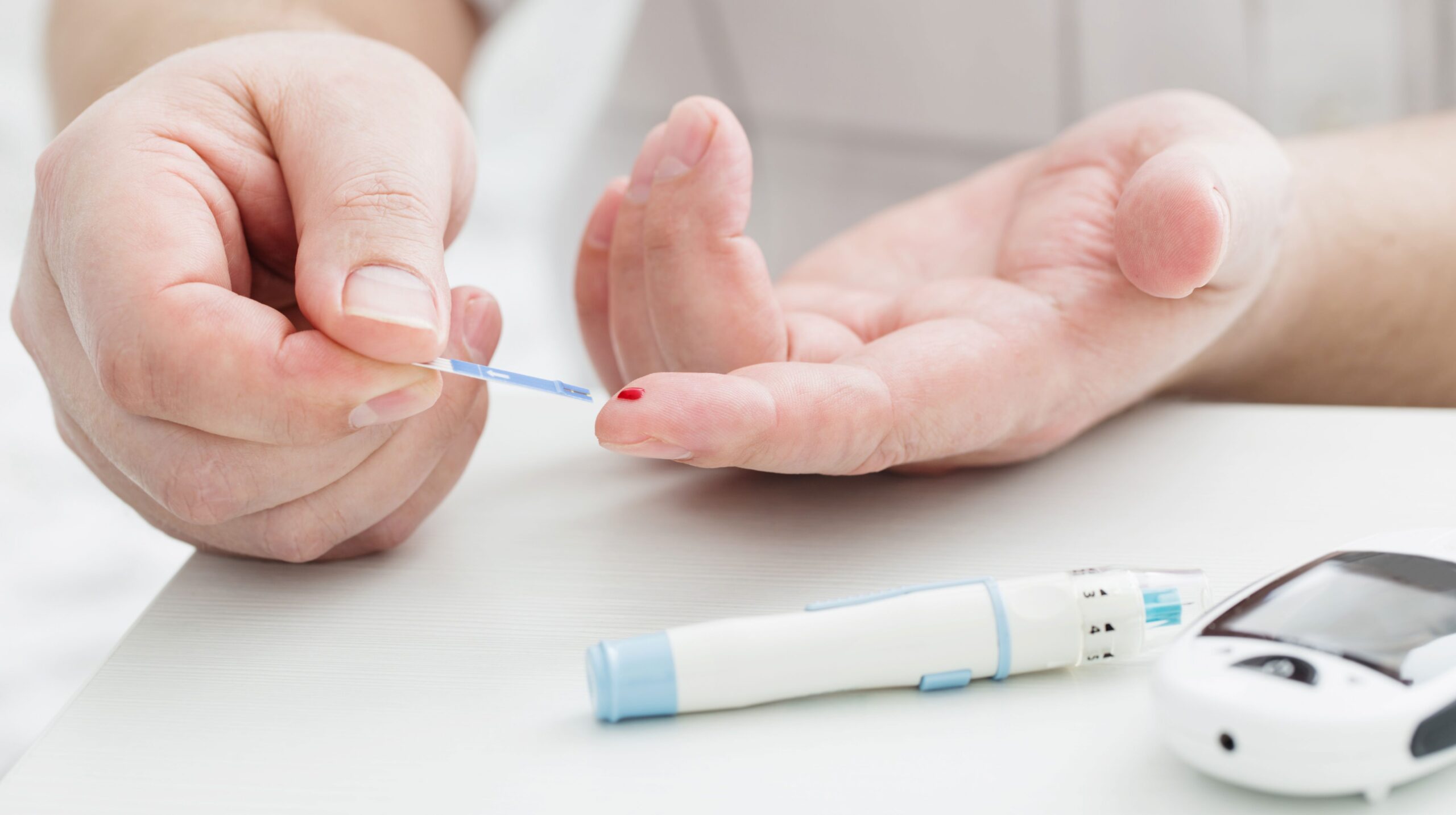Optimizing Oral Health for Holistic Well-being
In today’s fast-paced world, health isn’t just about the absence of disease; it’s a comprehensive state of physical, mental, and social well-being. However, one crucial aspect often overlooked in this holistic approach is oral health. Integrating oral health into overall healthcare is paramount for achieving comprehensive wellness.
The Overlooked Link Between Oral and Overall Well-being
Your mouth isn’t separate from the rest of your body—it’s interconnected. Poor oral health doesn’t just lead to cavities and gum disease; it can also contribute to more severe health issues like cardiovascular diseases, diabetes, and respiratory infections. Neglecting oral hygiene can pave the way for these systemic health problems.
Breaking Barriers: Access to Oral Healthcare
Unfortunately, access to oral healthcare remains a significant barrier for many individuals. In remote areas or underserved communities, dental services are often scarce or unaffordable. This lack of access exacerbates oral health disparities, disproportionately affecting marginalized groups. Initiatives to improve access to oral healthcare are crucial for promoting overall health equity.
Educating for Prevention: Empowering Individuals
Prevention is key to maintaining good oral health. Educating individuals about proper oral hygiene practices and the importance of regular dental check-ups empowers them to take charge of their oral health. This education should start early, with children learning proper brushing and flossing techniques from a young age. By fostering a culture of prevention, we can reduce the prevalence of oral health problems.
The Role of Healthcare Providers in Integration for Well-being
Healthcare providers play a pivotal role in integrating oral health into overall healthcare. Primary care physicians are often the first point of contact for patients, making them well-positioned to assess oral health and refer patients to dental professionals when necessary. Collaborative efforts between medical and dental professionals can ensure comprehensive care for patients, addressing both their oral and systemic health needs.
Promoting Interdisciplinary Collaboration
Effective integration of oral health into overall healthcare requires interdisciplinary collaboration. Dentists, physicians, nurses, and other healthcare professionals must work together to develop integrated care plans tailored to each patient’s needs. This collaborative approach ensures that oral health is given the attention it deserves within the broader healthcare landscape.
The Role of Technology in Oral Healthcare
Technology plays a crucial role in advancing oral healthcare and facilitating its integration into overall health services. Telehealth platforms allow patients to consult with dental professionals remotely, improving access to care, especially in underserved areas. Furthermore, innovations like teledentistry and digital diagnostics enhance the efficiency and effectiveness of oral healthcare delivery, ultimately benefiting patients’ overall health.
Policy Initiatives for Integrated Care
Government policies and regulations also play a vital role in promoting the integration of oral health into overall healthcare. Implementing policies that prioritize preventive dental care, expand dental insurance coverage, and incentivize interdisciplinary collaboration among healthcare providers can significantly impact oral health outcomes. By addressing systemic barriers and fostering a supportive policy environment, policymakers can ensure that oral health receives the attention it deserves within the broader healthcare system.
Community Engagement and Public Awareness for Well-being
Engaging communities and raising public awareness about the importance of oral health is essential for driving meaningful change. Community-based programs, educational campaigns, and outreach initiatives can empower individuals to prioritize their oral health and seek timely dental care. By fostering a culture of oral health awareness and advocacy, we can create a supportive environment where everyone has the opportunity to achieve optimal oral and overall health.
The Impact of Socioeconomic Factors on Oral Health
It’s essential to acknowledge the influence of socioeconomic factors on oral health outcomes. Individuals from low-income backgrounds or underserved communities often face greater barriers to accessing dental care due to financial constraints or lack of insurance coverage. This disparity in access to care can result in higher rates of untreated dental problems and poorer oral health outcomes. Addressing socioeconomic inequalities and ensuring equitable access to oral healthcare are critical steps in integrating oral health into overall healthcare effectively.
Empowering Individuals Through Behavioral Change
Ultimately, integrating oral health into overall healthcare requires a shift in individual behaviors and attitudes towards oral care. Encouraging healthy habits like regular brushing, flossing, and dental check-ups is essential for preventing oral health problems and promoting overall well-being. Empowering individuals to take ownership of their oral health through behavioral change interventions can lead to lasting improvements in oral health outcomes and contribute to a healthier population overall.
Integrating oral health into overall healthcare is essential for promoting holistic well-being. By recognizing the link between oral and systemic health, improving access to oral healthcare, educating individuals for prevention, and fostering interdisciplinary collaboration, we can achieve better health outcomes for all. Remember, a healthy mouth is not just a smile—it’s a reflection of overall wellness. Let’s prioritize oral health to optimize our collective well-being.




